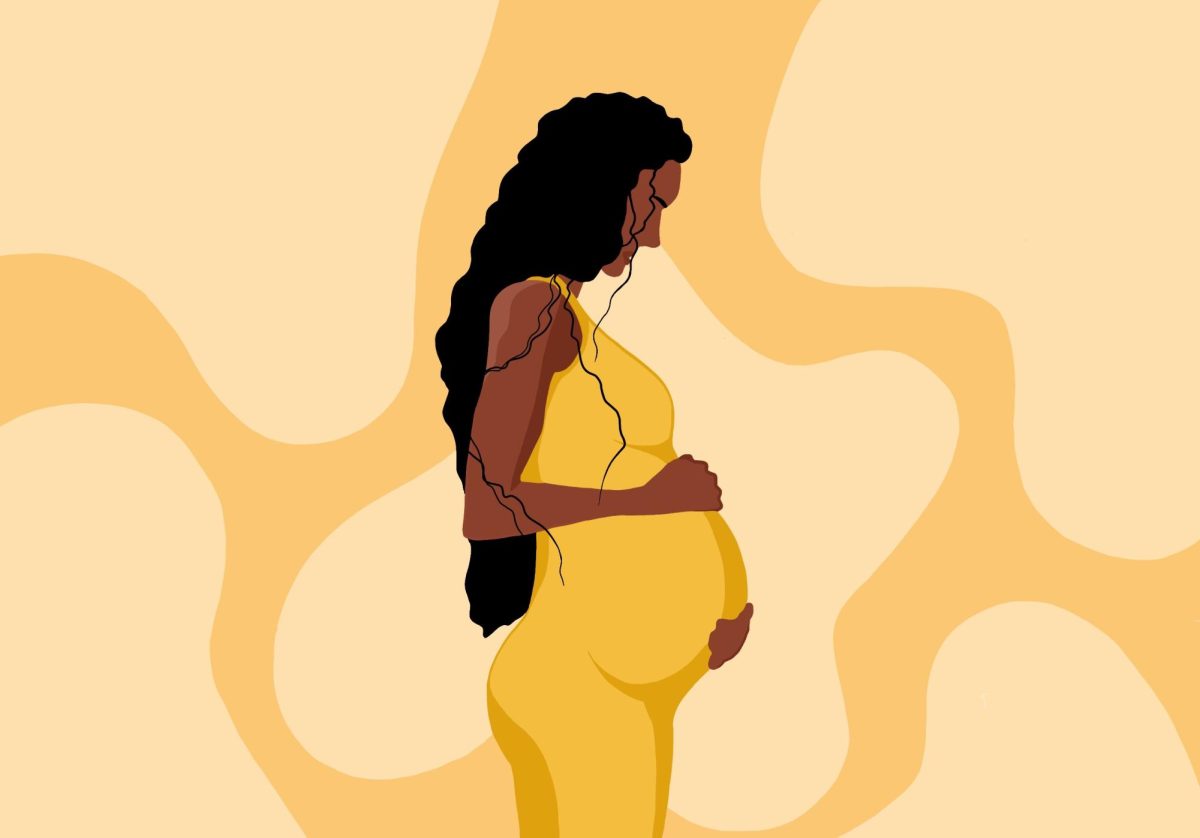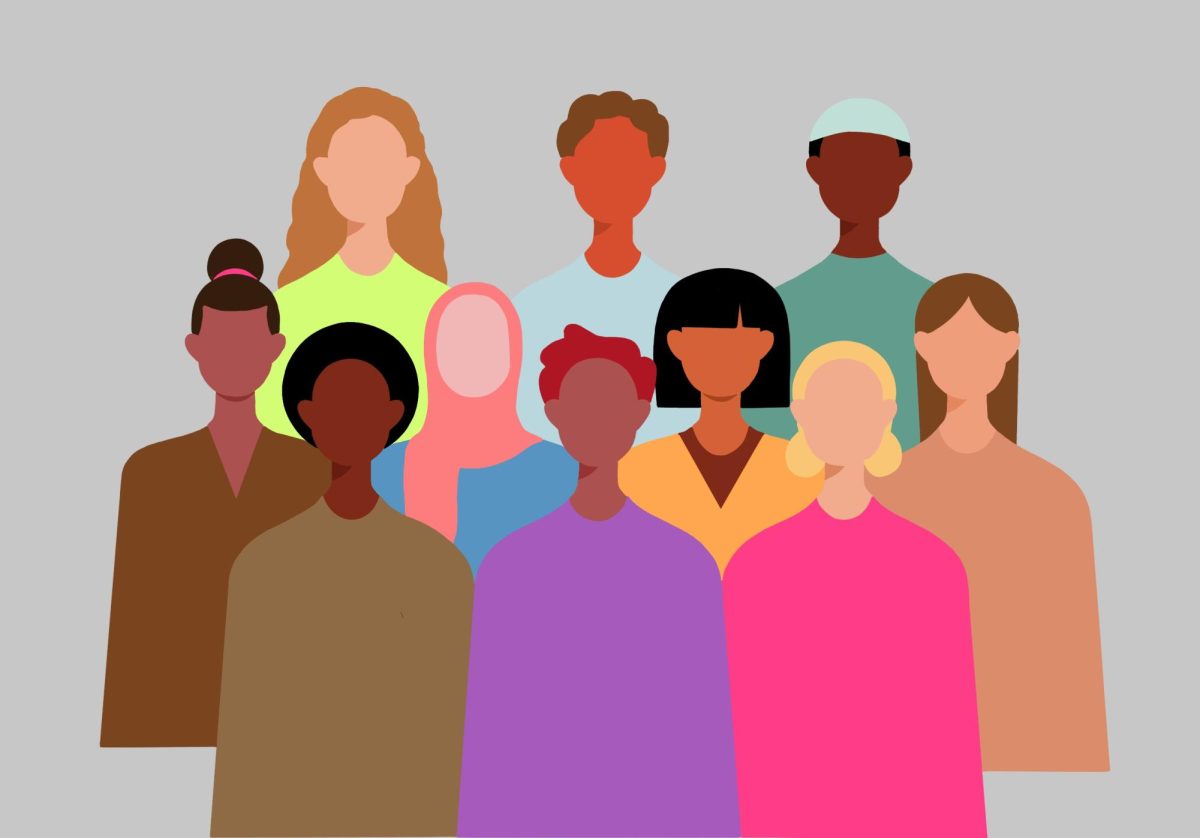Black mothers are dying and the United States’ medical system is to blame.
The World Health Organization defines maternal death as the death of a woman while pregnant or within 42 days of termination of pregnancy from any cause related to or aggravated by the pregnancy or its management.
The United States has the highest maternal mortality rate among wealthy nations. The U.S. rate for maternal deaths in 2021 was 32.9 per 100,000 live births, which is more than ten times the estimated rates of countries like Japan, Australia and Spain.
Black women in the U.S. are three times more likely to die from a pregnancy-related cause than white women.
Minnesota released in 2022 its first-ever maternal mortality report. The report examined maternal deaths during or within one year of pregnancy from 2017 to 2018. Black Minnesotans accounted for 23% of pregnancy-related deaths despite comprising only 13% of the birthing population.
These disparities are inexcusable and preventable.
These maternal deaths affect all Black women, regardless of socioeconomic standings.
Black women who have a college education or higher have a pregnancy-related mortality rate that is more than five times higher than that of white women. U.S. Olympian Tori Bowie was found deceased on May 2 at the age of 32. The gold medalist was eight months pregnant and died due to complications from childbirth. According to the autopsy report, Bowie was undergoing labor alone and her toxicology report was negative.
For many Black women, going to the hospital does not mean getting their needs met, it means being told they are fine and having their concerns dismissed.
Why should they trust a system that was built off of their ancestors’ distress?
The history of modern gynecology starts with the abuse of Black women. James Marion Sims, who is considered to be the father of modern gynecology, conducted research on enslaved Black women without anesthesia. He operated under the idea that Black people didn’t feel pain the same as white people.
This belief, while archaic, is still prevalent today.
The University of Virginia conducted a study in 2016 and found that half of a sample of white medical students and residents endorsed the belief that there are biological differences between Black and white people and reported lower pain ratings for a Black target. Those who endorsed this belief made less accurate treatment recommendations for Black patients.
Structural racism in medicine leads to patients not being heard. It is time to face the facts: we have not learned from the past. These gross injustices lead to the continual suffering of Black people.
Change starts at home.
The Minnesota House of Representatives passed the Dignity in Pregnancy and Childbirth Act in 2021. This bill required all hospitals with obstetric care and birth centers to develop continuing education on anti-racism and implicit bias for direct care employees and contractors who routinely care for pregnant and postpartum patients.
The fiscal year 2024 federal budget proposed by President Biden allocates $471 million in funding aimed at decreasing rates of maternal mortality and morbidity. The budget plan additionally focuses on enhancing maternal health programs in rural communities and implementing implicit bias training, among other initiatives.
The legislative efforts — such as the Dignity in Pregnancy and Childbirth Act in Minnesota and the proposed budget allocation by President Biden — show promising signs of recognizing the severity of this issue and taking steps to rectify it. However, true progress will require sustained commitment, ongoing advocacy and the dismantling of racist ideologies deeply embedded within our society.
As individuals, we can contribute to this change by educating ourselves, amplifying the voices of Black women and advocating for equitable healthcare access for all.






















